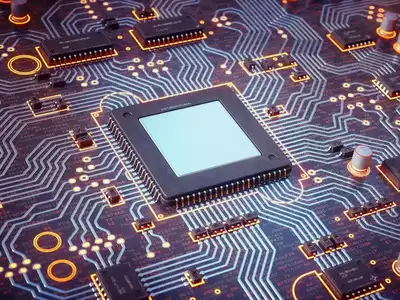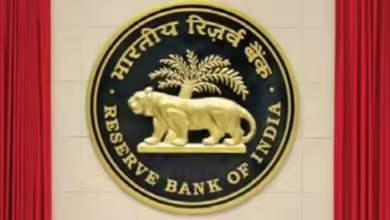Chip giant TSMC moves its Japan facility away from Taiwan’s hotspot
KIKUYO: Morris Chang, the founder of the Taiwanese behemoth, said at an inaugural ceremony on Saturday that TSMC’s new chip facility in Japan would increase the stability of worldwide supplies of the essential hardware.
In a rare public appearance, the 92-year-old said that the facility located on the southern Japanese island of Kyushu “will, I believe, improve the resiliency of chip supply for Japan and for the world.”

At the factory, Chang said, “It will also, I believe, start a renaissance of semiconductor manufacturing in Japan.”
Among its customers are Apple and Nvidia. Taiwan Semiconductor Manufacturing Company produces half of the world’s chips, which are used in satellites, cellphones, and increasingly artificial intelligence (AI) applications.
However, governments and TSMC’s clients, who are worried about the company’s ability to provide essential chips for their economies and defense, want the company to produce additional chips outside of the self-governing island.
Concerns over the world’s reliance on Taiwan for chip manufacture have been raised by China’s growing aggressiveness towards the island, which it claims as its own and has not ruled out annexing by force. As a result, TSMC has been forced to diversify its manufacturing operations.
According to Chris Miller, the author of “Chip War: The Fight for the World’s Most Critical Technology,” the new factory in Japan is “the most significant TSMC international investment to open in many years.”
“It will also solidify the political relationship between Taiwan and Japan at a time when Taiwan is looking to make sure it’s got powerful friends that can help it stand up to Chinese pressure,” Miller told the AFP news agency.
governmental sweeteners
Additionally, Japan is winning with TSMC’s new plant as it competes with the US and Europe to lure semiconductor companies with massive subsidies.
At the inauguration ceremony, Prime Minister Fumio Kishida said that Japan was “now being positioned as an important foothold in TSMC’s world strategy.”
Japan’s dominance in the semiconductor industry throughout the 1980s was aided by companies like as Toshiba and NEC; but, due to competition from South Korea and Taiwan, Japan’s share of the worldwide market fell from over 50% to about 10%.
Japan is now offering up to four trillion yen ($26.7 billion) in state sweeteners in an effort to quadruple the country’s domestic chip sales to over 15 trillion yen by 2030.
The government has committed to paying for more than 40% of the new TSMC factory in the town of Kikuyo; Sony and Denso are also involved. This is only the first of its kind.
With the “strong” backing of the Japanese government, TSMC unveiled a second plant this month to produce more sophisticated chips, and it is said that it is considering building a third or perhaps a fourth.
Kioxia, Micron, and Rapidus—an ambitious joint venture with IBM and Japanese companies for cutting-edge two-nanometer logic chips—are among the other companies receiving funding from the state.







